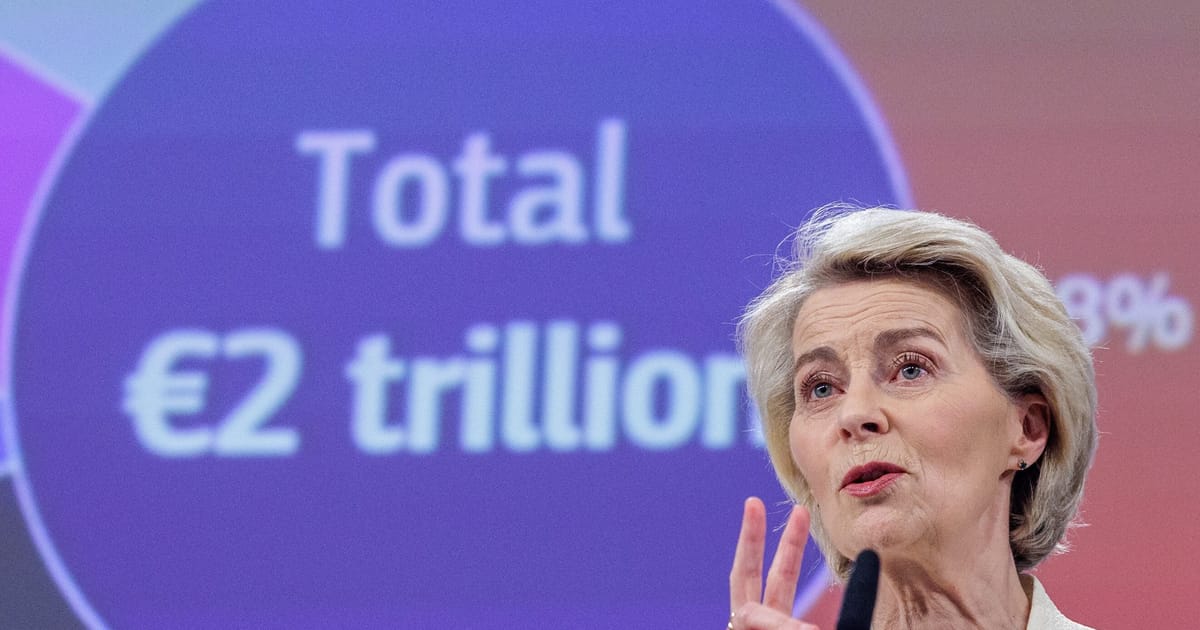To the annoyance of MEPs and parliamentary officials, Serafin arrived four hours late. The presentation was riddled with confusion about what exactly the numbers meant and how they’d be calculated. Lawmakers were outraged not to have received the figures beforehand.
“We hope you brought some document with you as well, as this distinguished house has not been informed,” lawmaker Siegfried Mureșan sniped at Serafin, who hails from the same center-right group.
In fact, even von der Leyen’s team of commissioners hadn’t been aware of the overall figures until a few hours earlier.
Explaining the murky process, one official close to a commissioner said: “She told us how much she would cut from our program but we didn’t know how much she would cut from those of our peers.”
For everyone, apart from the small close-knit group in whom the president confides, it made the overall policy extremely difficult to grasp.
Ramshackle alliance
Criticism of von der Leyen and her centralized decision-making has increased in recent months, but this was the first time the simmering internal opposition has burst through to the surface. Commissioners, mainly those from different political camps, forced her to back down.
Von der Leyen’s big idea had been to merge various different budgetary pots into plans for each country, which would only pay out when governments carried out reforms. In her view, the system would have encouraged recalcitrant countries to step up their game while increasing the leverage Brussels wields over member capitals.
